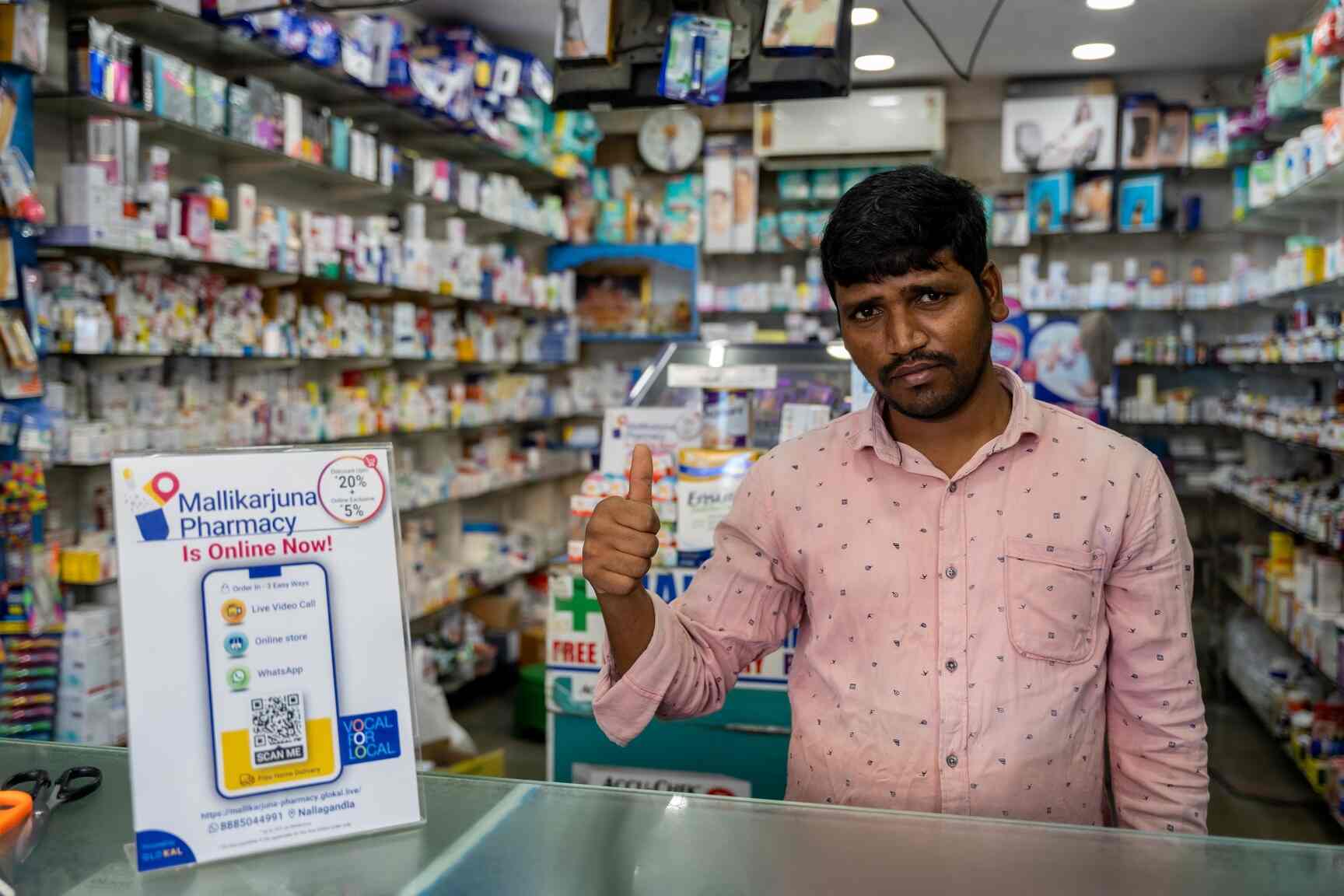Retail pharmacies are an essential the main healthcare system, serving as the first type of defense for many individuals needing medical care. They are a vital the main community, providing an easy-to-access point for people to get their medications, medical supplies, and other essential items. The role of Independent pharmacy in community healthcare is to promote better accessibility, affordability, and quality of healthcare. They serve being an intermediary between the healthcare provider and the in-patient and play an important part in ensuring that patients receive the care they require while also providing patient-centered care.

1. Accessibility and convenience: Retail pharmacies provide an easy and accessible way of accessing healthcare services that are not available in other healthcare settings. They are positioned in different convenient locations around the community, rendering it easy for people to get into healthcare services, consult with a pharmacist on medication use and management, and get free or low-cost screenings for conditions such as for instance diabetes, cholesterol, and blood pressure. This makes retail pharmacies a great place for routine health checks and a solid resource for preventive care.
2. Patient-centered care: Retail pharmacists play a vital role in promoting patient-centered care, particularly for individuals with chronic health conditions. They work alongside the patient's physician and other healthcare providers to make sure that patients receive probably the most appropriate and effective treatments. They're an invaluable supply of info on medication and healthcare options for patients, addressing questions and concerns, explaining medication ingredients, dosage, and usage. They work collaboratively with healthcare providers to ensure that patients receive optimal care.
3. Counselling services: Retail pharmacists provide important counselling services to patients regarding their medications. They offer home elevators the correct utilization of medicines and self-management of chronic conditions. They can offer advice on over-the-counter (OTC) drugs, avoiding unwanted effects, and just how to monitor symptoms that may require follow-up care. Pharmacists may also identify potential drug interactions or conflicts that may cause toxicity or side effects. Furthermore, they are able to provide info on diet, supplements, and lifestyle changes that will enhance patients' health outcomes.
4. Community involvement: Retail pharmacies are committed to improving medical and wellbeing of the communities they serve. They supply health education programs, training, and outreach to market awareness of public health problems and chronic problems that affect their neighbors. They partner with other healthcare providers to deliver a range of services, including vaccines, flu shots, and health screenings to communities. Retail pharmacies also assist other healthcare providers to provide multidisciplinary consulting on patient care, including medication reconciliation, medication therapy management, drug interaction screening, and adherence improvement.
5. Affordable healthcare: Retail pharmacies provide affordable healthcare services to the community. They offer low-cost medications, promotions, and discounts to help patients manage their healthcare expenses. This makes healthcare accessible to everyone, regardless of the socioeconomic status or insurance coverage. They work directly with healthcare providers and patients to ensure medication regimens are individualized and affordable.

Conclusion:
Retail pharmacies play an important role in the healthcare system, providing accessible, affordable, and quality healthcare services to the community. The role of retail pharmacies in community healthcare is to market accessibility, affordability, and quality of healthcare. Retail pharmacists are an essential resource locally, providing counseling services, promoting patient-centered care, and working collaboratively with other healthcare providers to offer the best possible care outcomes. Being an essential area of the healthcare system, we should support retail pharmacies' efforts to enhance community health and promote wellness through constant innovation and the latest trends in healthcare delivery.
